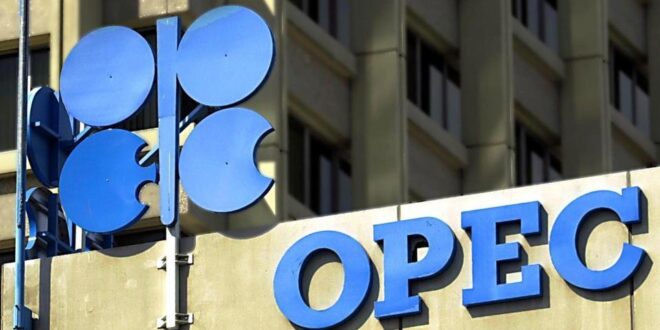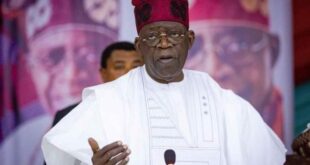Nigeria’s crude oil production increased by 57,000 barrels per day (bpd) in February 2024, according to a THISDAY computation of data released by the Organisation of Petroleum Exporting Countries (OPEC).
However, there seems to be some discrepancy between OPEC’s direct communication and secondary sources data, which could indicate an error in the organization’s estimation.
The Nigerian Upstream Petroleum Regulatory Commission (NUPRC) reported 30 active oil rigs in the country, while OPEC’s secondary sources data showed only 16.
This discrepancy highlights the need for stronger communication between the two organizations to ensure accurate reporting.
Despite the discrepancy, the increase in oil production puts Nigeria on track to meet its renegotiated OPEC quota of 1.5 million bpd in 2024.
This is a significant development, as Nigeria has struggled to meet its OPEC production quota for the past four years due to oil theft, vandalism of assets in the Niger Delta, and waning investment in the oil sector.
The rise in oil production could have a positive impact on Nigeria’s economy, reducing its reliance on oil exports for over 80% of its foreign exchange earnings and potentially alleviating the ongoing foreign exchange crisis.
In addition to Nigeria’s increase in oil production, OPEC is maintaining its forecast of strong growth in global oil demand in 2024 and 2025.
The organization expects world oil demand to rise by 2.25 million bpd in 2024 and by 1.85 million bpd in 2025.
OPEC’s optimistic outlook is supported by a “robust dynamic” for economic growth towards the end of 2023, which is expected to extend into the first half of 2024.
The organization has raised its 2024 economic growth forecast by 0.1 percentage points, following a hike last month.
However, some downside risks persist, and any continuation of the current momentum could result in further upside potential for global economic growth in 2024.
Despite the positive developments in Nigeria’s oil production and OPEC’s global oil demand forecast, there are still challenges to overcome.
The discrepancies between direct communication and secondary sources data, as well as the ongoing conflict in the Middle East and supply outages, could impact oil prices in the coming months.
Subscribe to the Advocate News letter and receive news updates daily in your inbox.
 Advocate.ng Latest news update on politics, entertainment, sport and more
Advocate.ng Latest news update on politics, entertainment, sport and more




